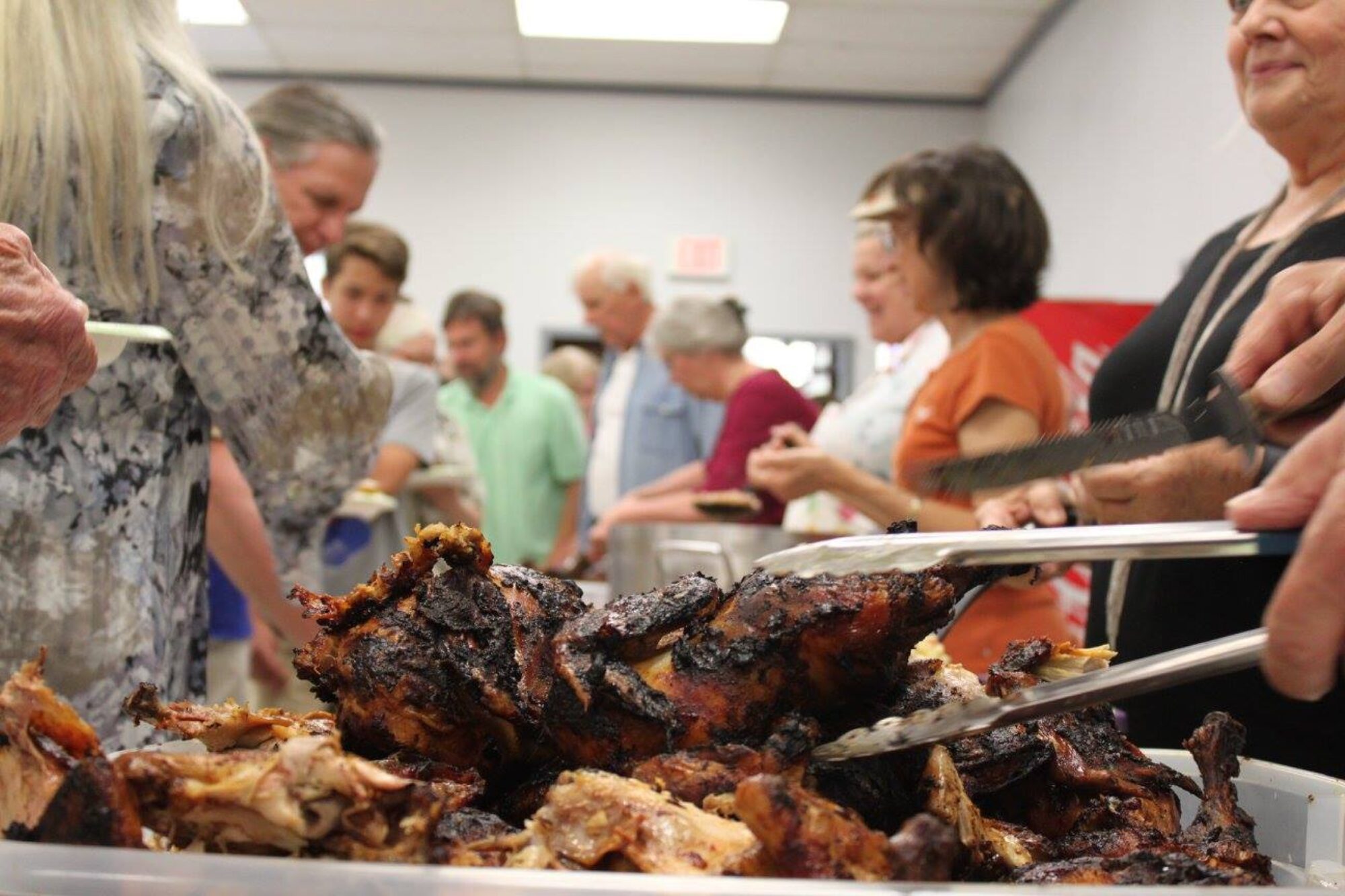Read & Review a Book
Now that the kids are going back to school, maybe you’ll have a moment to read. Check out the books in the Racial Justice Lending Library in the hallway near the restrooms. The more we know, the more able we will be to work for racial justice.
For more information, contact Barbara Wiederaenders, on behalf of the Racial Justice Taskforce, at bwiederaenders@att.net
Here are recent book reviews:
Just Mercy – A Story of Justice and Redemption by Bryan Stevenson (2014)
Stevenson teaches us about the appalling ways that justice has been derailed, primarily in the South, by taking us through the personal stories of people his firm, The Equal Justice Initiative, was, in most cases, able to exonerate or free. A compelling read, Just Mercy concludes that “we have to reform a system of criminal justice that continues to treat people better if they are rich and guilty than if they are poor and innocent. A system that denies the poor the legal help they need, that makes wealth and status more important than culpability, must be changed. . .fear and anger are a threat to justice, they can infect a community, a state, or a nation and make us blind, irrational, and dangerous. . .mass imprisonment has littered the national landscape with carceral monuments of reckless and excessive punishment and ravaged communities with our hopeless willingness to condemn and discard the most vulnerable among us. . . .the death penalty is not about whether people deserve to die. . .the real question of capital punishment in this country is, Do we deserve to kill?” The pages are filled with real life illustrations of these truths. I highly recommend this book! –Barbara Wiederaenders
Baptized in Tear Gas by Elle Dowd
It was the love for her Black children that moved Elle Dowd to join in the Ferguson Uprising and that experience moved her from being a white moderate to an activist. Written from a white perspective, she shares why anti racist activism is important on a personal, but also a theological level. Baptized in Tear Gas is a worthwhile read from a Lutheran and LGBTQ+ point of view if you’ve just begun pondering what anti racist work entails and why we should do it. –Cassie Smith
The Inner Work of Racial Justice by Rhonda Magee
Favorite quotes from the book:
“See our potential together and to lift ourselves up to a new plane for being in relationship with one another in ways that do not depend on power over, but rejoice in power with!”
“May the ocean of our healing your river meeting mine bring peace, renew the places and spaces we share and strengthen the currents running through us of injustice, of just this unceasingly” –Andy MacLaren
Invisible Man by Ralph Ellison
In the prologue to his novel Invisible Man, Ralph Ellison’s narrator states, “I am an invisible man. No, I am not a spook like those who haunted Edgar Allan Poe; nor am I one of your Hollywood-movie ectoplasms. I am a man of substance, of flesh and bone, fiber and liquids—and I might even be said to possess a mind. I am invisible, understand, simply because people refuse to see me. Like the bodiless heads you see sometimes in circus sideshows, it is as though I have been surrounded by mirrors of hard, distorting glass. When they approach me they see only my surroundings, themselves, or figments of their imagination—indeed, everything and anything except me.”
Invisible Man is the story of a young, college-educated Black man struggling to survive and succeed in a racially divided society that refuses to see him as a human being. Told in the form of a first-person narrative, Invisible Man traces the narrator’s physical and psychological journey from blind ignorance to enlightened awareness through a series of flashbacks in the forms of dreams and memories.
This novel is beautifully written and incisive. A powerful piece of literature, I recommend it for anyone who wants to gain insight into the state and impact of racism in the U.S. Sadly, much has not changed since this book was first published seventy years ago. –Mari Ward
My Grandmother’s Hands by Resmaa Menakem
Resmaa Menakem writes that his grandmother “wasn’t a large woman, but her hands were surprisingly stout, with broad fingers and thick pads below each.” One time, he asked her why her hands were like that, and she replied, “That’s from picking cotton. They been that way since long before I was your age. I started working the fields sharecroppin’ when I was four.”
Just as Resmaa’s grandmother’s hands were scarred by this abuse, so was a part of her psyche. And this caused her to overreact at times to his misbehaviors. He knew that she loved him, but some of the trauma was passed on nonetheless. Similar experiences can result in overreactions in other stressful situations, too, such as when a police officer shoots an innocent person in reaction to their skin color and the fear that it induces in them.
As a trauma therapist, Resmaa explains that we all suffer trauma at some point in our lives, usually as a result of an abusive relationship or system. He argues that trauma can be passed on genetically as well. In My Grandmother’s Hands, the authorreveals meaningful ways in which each of us can begin to heal our own trauma and that of society in order to make the world a better place for all of us and for future generations. –Mari Ward
For information about ways to connect and our community journey in racial justice, visit Racial Justice Action | First English Lutheran Church | Austin, Texas (felcaustin.org)

